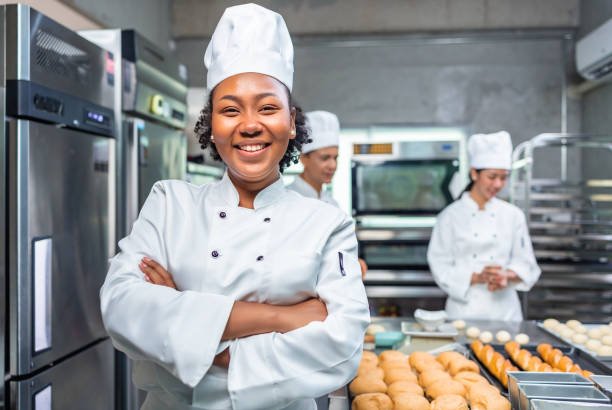What Grade 10 -12 Subjects are Needed to Become a Chef in South Africa
What Grade 10-12 Subjects are Needed to Become a Chef in South Africa
The journey to becoming a chef in South Africa involves not just a flair for culinary arts but also a strategic choice of subjects in the high school phase, particularly from Grade 10 to Grade 12. While there is no strict set of subjects that are universally mandatory for becoming a chef, selecting the right subjects can give you a foundational knowledge and set you on the right track for tertiary education and professional training. In this article, we’ll delve into the subjects that can benefit aspiring chefs in South Africa.
Why Subject Choice Matters
In South Africa, the education system allows students to choose their elective subjects starting from Grade 10, usually with three or four electives in addition to compulsory subjects like English and Mathematics. The choices you make can influence your future academic and career prospects, either by equipping you with essential knowledge or by meeting prerequisites for tertiary education courses. For aspiring chefs, the subject choices can be particularly beneficial in honing practical skills and theoretical understanding related to culinary arts.
What Grade 10 -12 Subjects are Needed to Become a Chef in South Africa
The following are the most recommended subjects which are needed in order to study towards becoming a Chef in South Africa:
- Consumer Studies: This subject covers topics related to consumer behavior, food production, and even includes practical cooking skills. Consumer Studies offers a basic foundation in understanding food preparation techniques, dietary considerations, and food safety.
- Mathematics or Mathematical Literacy: Whether you end up running your own restaurant or working for others, understanding measurements, pricing, and basic accounting is crucial. Both Mathematics and Mathematical Literacy can offer this essential knowledge.
- Life Sciences: Understanding food goes beyond just preparation. Life Sciences can provide insights into nutritional values, how ingredients interact, and even offer a rudimentary understanding of the chemistry behind cooking.
- Business Studies: If you aspire to run your own culinary business someday, a background in Business Studies can equip you with the basic understanding of how businesses operate, including concepts like marketing, management, and finance.
- Geography: This may seem like an unusual choice, but Geography can help you understand various cultures, their agricultural practices, and how geographical locations influence cuisine.
- Languages: The culinary world is global. Knowing multiple languages can be a great asset, whether it’s English for international recipes or an indigenous language for local cuisine.
- Art: Presentation is a vital aspect of culinary arts. A background in Art can help you understand color, design, and presentation, elevating your dishes from mere food to a visual spectacle.
Conclusion
While none of these subjects are strictly compulsory for becoming a chef in South Africa, choosing some or all of them can provide a solid foundation for your future culinary education and career. These subjects can also be particularly advantageous if you plan to further your education at a culinary school or a tertiary institution offering culinary arts as a field of study. The right subjects can give you a head start on your path to becoming a professional chef, arming you with the theoretical and practical tools you’ll need to succeed in the dynamic world of culinary arts.

